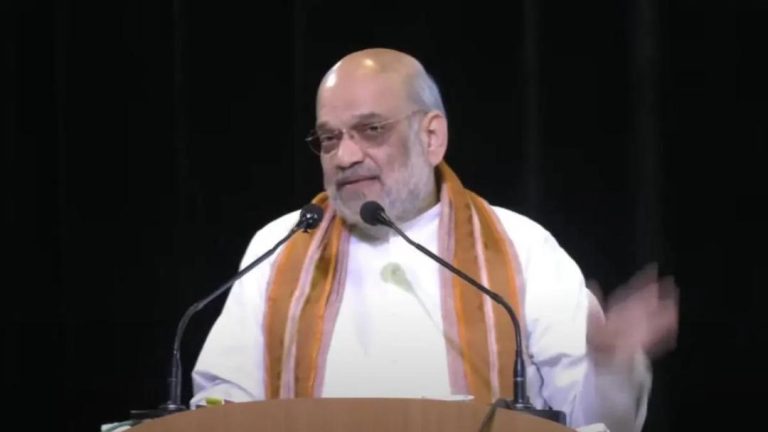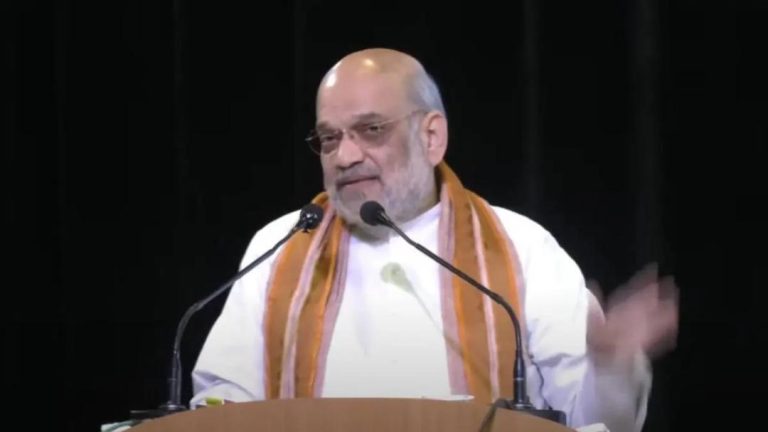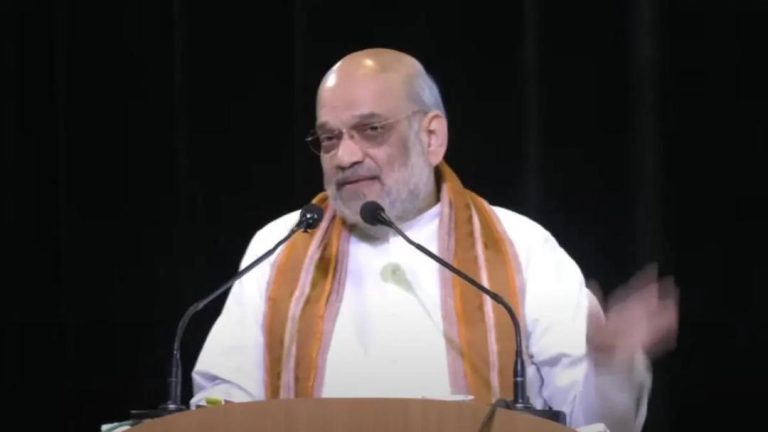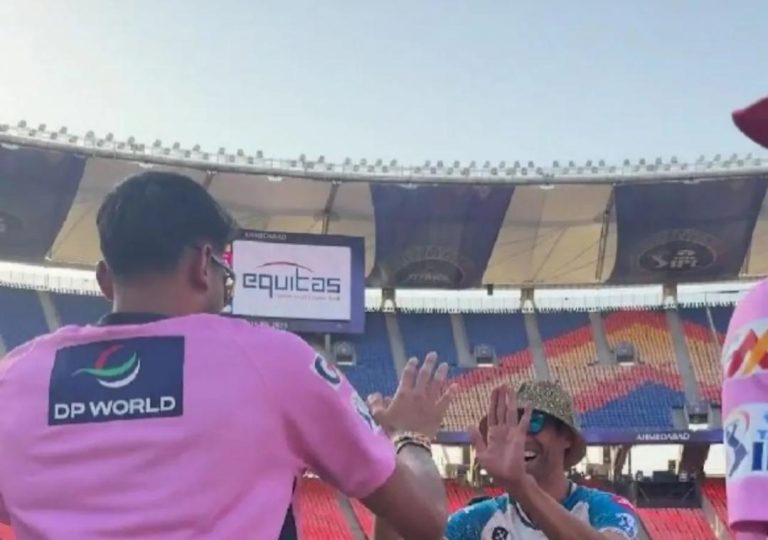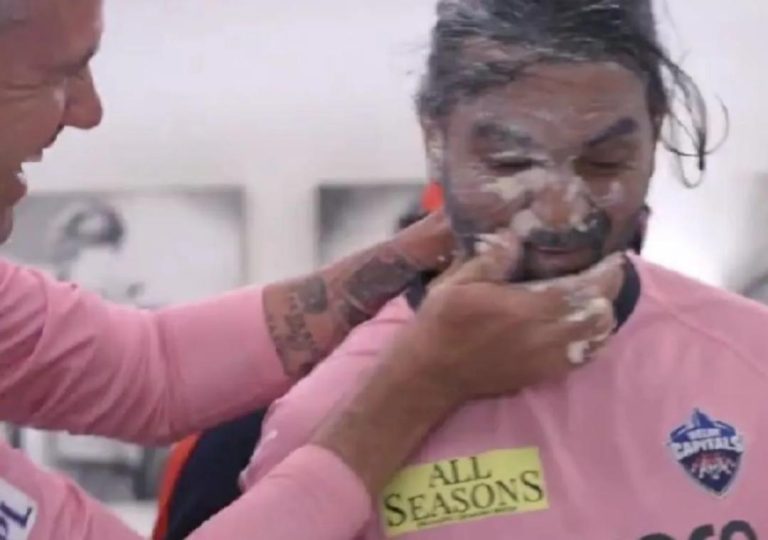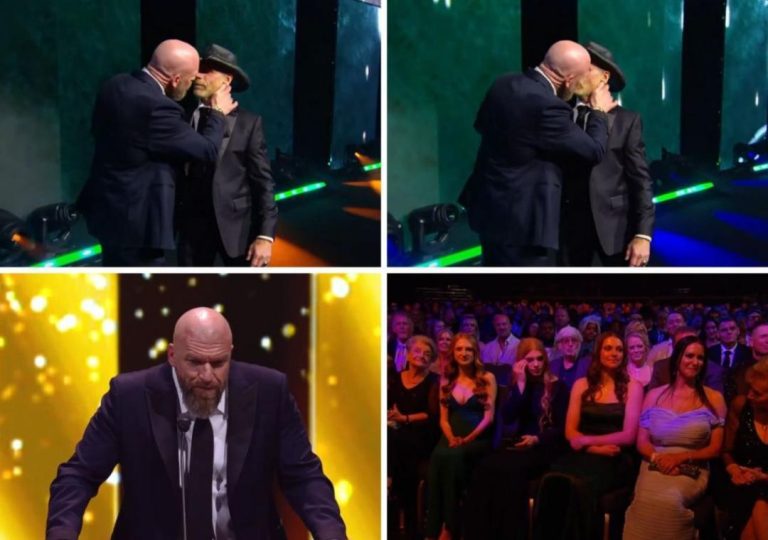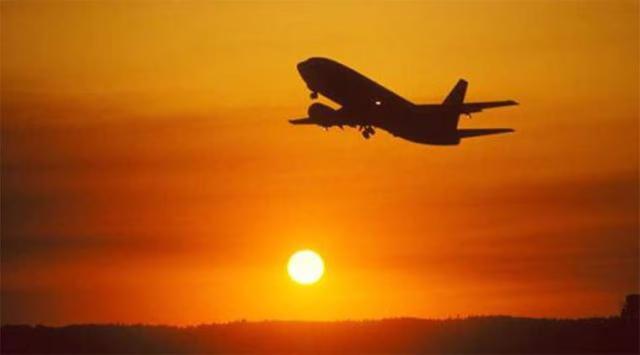
Class 12 Physics & Math Requirement for Becoming Commercial Pilot Might be Scrapped: Report
The Directorate General of Civil Aviation (DGCA) is planning to scrap the current rule that requires students to have studied Physics and Math in Class 12 to be eligible for commercial pilot licence training. This move is expected to open up new opportunities for students from various streams, including Arts and Commerce, to pursue a career in aviation.
In India, commercial pilot training has been restricted to Science and Math students since the mid-1990s. This rule was introduced to ensure that students have a strong foundation in physics, math, and computer science to handle the complex tasks involved in flying an aircraft. However, the DGCA is now considering relaxing this rule, citing the need to attract a more diverse pool of candidates to the aviation industry.
The decision to scrap the Physics and Math requirement is part of the DGCA’s efforts to increase the number of pilots in the country. India is one of the fastest-growing aviation markets in the world, with a growing demand for pilots. However, the industry is facing a shortage of skilled pilots, which is affecting the growth of the sector.
The DGCA’s move is seen as a significant step towards making the aviation industry more inclusive and diverse. Currently, the industry is dominated by students from Science, Technology, Engineering, and Math (STEM) backgrounds, who have a natural aptitude for math and physics. However, this excludes students from other streams, who may have other strengths and skills that could be valuable in the aviation industry.
The relaxation of the Physics and Math requirement is expected to attract more students from Arts and Commerce streams to pursue a career in aviation. This could lead to a more diverse pool of candidates, with a wider range of skills and experiences. This, in turn, could lead to a more innovative and dynamic aviation industry, with pilots who bring different perspectives and approaches to the job.
The DGCA’s decision is also seen as a response to the changing nature of the aviation industry. With the increasing use of automation and technology in aircraft, the role of pilots is evolving. While math and physics skills are still essential for pilots, other skills such as communication, leadership, and problem-solving are becoming more important.
The relaxation of the Physics and Math requirement is expected to be a welcome move for students who are interested in pursuing a career in aviation but do not have a strong background in math and science. This could lead to a more diverse and inclusive aviation industry, with pilots who are better equipped to handle the challenges of the 21st century.
However, the decision to scrap the Physics and Math requirement is not without its critics. Some experts argue that the industry needs pilots with a strong foundation in math and physics to ensure the safety and efficiency of air travel. They argue that the relaxation of the rule could lead to a shortage of skilled pilots in the future.
Others argue that the industry needs to focus on developing the skills and competencies required for the job, rather than relying on traditional academic qualifications. They argue that the relaxation of the rule could lead to a more diverse and innovative industry, with pilots who are better equipped to handle the challenges of the future.
In conclusion, the DGCA’s decision to scrap the Physics and Math requirement for commercial pilot licence training is a significant move that could open up new opportunities for students from various streams. While there may be some criticism of the decision, it is seen as a positive step towards making the aviation industry more inclusive and diverse.
As the aviation industry continues to evolve, it is essential to develop the skills and competencies required for the job, rather than relying on traditional academic qualifications. The relaxation of the Physics and Math requirement is a step in the right direction, and it is expected to attract more students to pursue a career in aviation.
